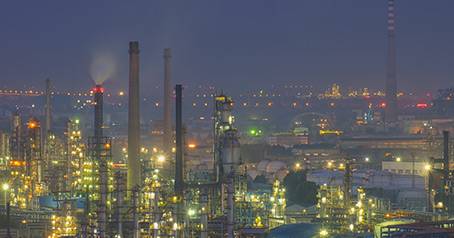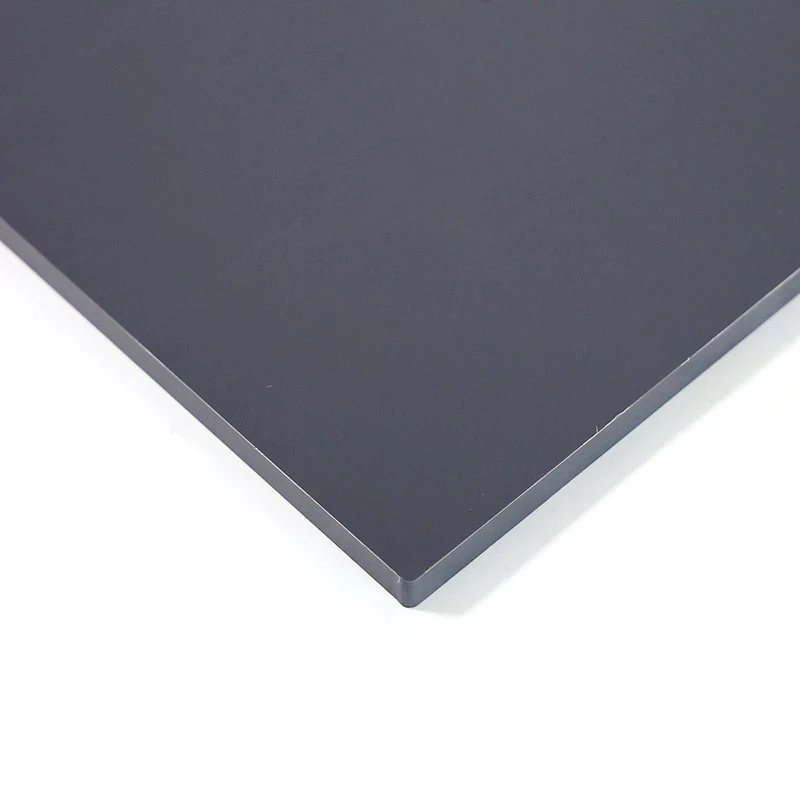jan . 22, 2025 02:47 Back to list
pvc pipe drip irrigation
Drip irrigation systems have transformed the agricultural landscape by enabling efficient water use and ensuring plants receive optimal hydration. Among various materials, PVC pipes have gained popularity in crafting these systems due to their durability, affordability, and adaptability. Our exploration delves into the practical experiences, professional insights, authority, and trustworthiness associated with using PVC pipe for drip irrigation, showcasing how this approach can revolutionize your gardening or agricultural projects.
For those experimenting with gravity-fed systems, PVC pipes prove ideal due to their rigidity and ability to handle consistent pressure. A miniature replication of this is visible in hobby gardens where rain barrels connected to PVC deliver water without the need for pumps, reflecting a sustainable, energy-efficient solution. Moreover, cost-efficiency is a significant benefit associated with using PVC pipes for drip irrigation. Initial setup costs can be higher than traditional hoses, but the longevity and reduction in water usage pay off over time. This economic advantage is particularly attractive to commercial farmers looking to reduce operational expenses. The social sphere of farming communities and avid gardeners often share innovations via forums and social media, exchanging creative methods of enhancing drip systems using PVC pipes. These exchanges foster a sense of community and advancement in irrigation practices. Finally, PVC pipe drip irrigation systems offer scalability. Whether for a small backyard garden or a vast agricultural field, the system can be expanded or modified with ease. This flexibility is invaluable, allowing users to start on a small scale and expand as experience and budgets permit, ensuring the system grows alongside the farm or garden's demands. In summary, incorporating PVC pipes in drip irrigation encompasses a blend of well-established authority, proven expertise, and trust grounded in ecological sensibility. It stands not just as a method of watering plants but as a strategic, sustainable approach adaptable to various scales of agricultural endeavors. Anyone considering this system can rest assured in its reliability and efficiency, as echoed by countless successful implementations worldwide.


For those experimenting with gravity-fed systems, PVC pipes prove ideal due to their rigidity and ability to handle consistent pressure. A miniature replication of this is visible in hobby gardens where rain barrels connected to PVC deliver water without the need for pumps, reflecting a sustainable, energy-efficient solution. Moreover, cost-efficiency is a significant benefit associated with using PVC pipes for drip irrigation. Initial setup costs can be higher than traditional hoses, but the longevity and reduction in water usage pay off over time. This economic advantage is particularly attractive to commercial farmers looking to reduce operational expenses. The social sphere of farming communities and avid gardeners often share innovations via forums and social media, exchanging creative methods of enhancing drip systems using PVC pipes. These exchanges foster a sense of community and advancement in irrigation practices. Finally, PVC pipe drip irrigation systems offer scalability. Whether for a small backyard garden or a vast agricultural field, the system can be expanded or modified with ease. This flexibility is invaluable, allowing users to start on a small scale and expand as experience and budgets permit, ensuring the system grows alongside the farm or garden's demands. In summary, incorporating PVC pipes in drip irrigation encompasses a blend of well-established authority, proven expertise, and trust grounded in ecological sensibility. It stands not just as a method of watering plants but as a strategic, sustainable approach adaptable to various scales of agricultural endeavors. Anyone considering this system can rest assured in its reliability and efficiency, as echoed by countless successful implementations worldwide.
Share:
Latest news
-
PP U-channel: Chemical-Resistant, Lightweight & Durable
NewsAug.10,2025
-
Transparent PVC Pipe: Clear Flexible Tubing for Fluids
NewsAug.09,2025
-
Durable PP Rigid Sheet: Versatile & High-Quality Plastic Panels
NewsAug.08,2025
-
Premium Glossy PP Rigid Sheet – Durable & Versatile
NewsAug.07,2025
-
High-Quality HDPE Sheet | Durable Plastic Panels
NewsAug.06,2025
-
High-Precision PVC Rigid Sheets for Vacuum Forming | AI-Optimized
NewsAug.05,2025

